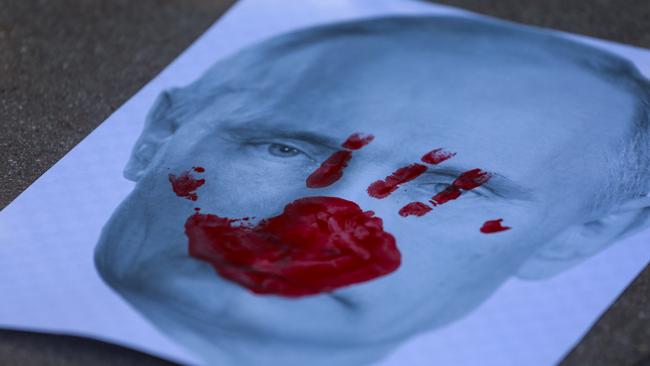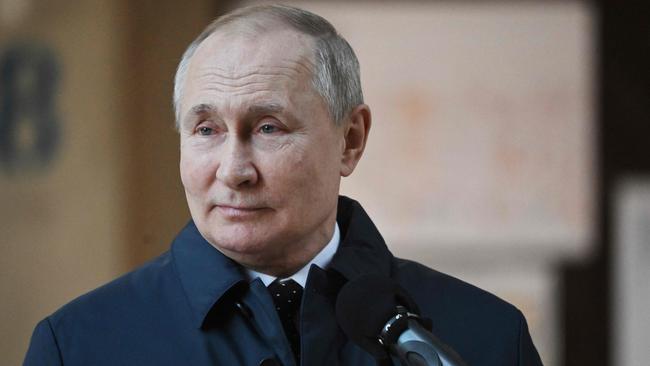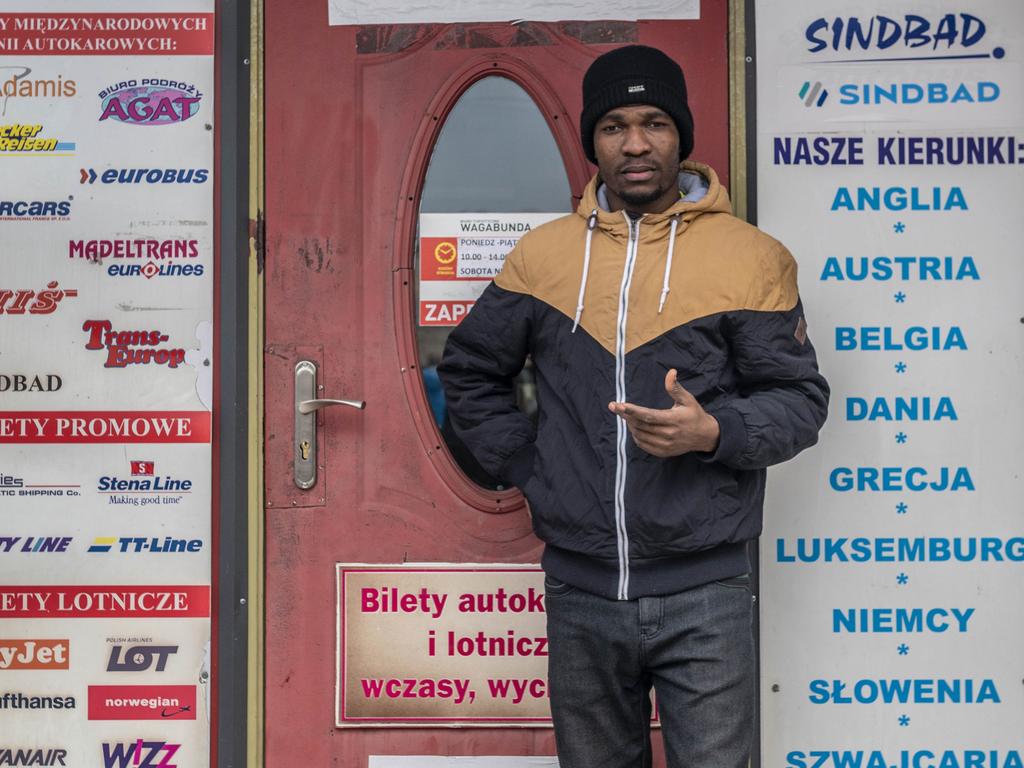
Truly, this a new page in the book of modern history.
The Russian leader said that aggressive statements towards Russia by NATO leaders and “illegal sanctions” levied against his nation meant that he would require that Russia’s deterrence forces, including its nuclear weapons, be placed on combat alert.
This does not make the use of nuclear weapons likely, but it makes such use much more possible. It is intensely irresponsible and dangerous. Moscow’s modern day tsar is transforming Russia into a rogue nation, an international wrecking ball which will generate countermeasures across the world.
The mixture of conventional armed conflict with nuclear weaponed states is inherently dangerous. The development of modern “tactical” nuclear weapons has for decades meant this kind of threat was a possibility. A tactical nuclear weapon can be much smaller in effect and fallout than a Nagasaki- or Hiroshima-type bomb. Would the use of a tactical nuke, especially against an enemy that was not itself a nuclear power, result in all-out nuclear warfare? This is a question long asked, to which nobody in the world knows the answer.
Such nuclear threats might nonetheless well be the way of the future. Beijing has not behaved with anything like Moscow’s recklessness. But Xi Jinping, like Putin, has a much greater appetite for risk than Western leaders do.

If Beijing were to be involved in conventional warfare over Taiwan in the future, depending on what success attempted nuclear intimidation brings Putin, it too might find a nuclear threat an appealing tactic.
But history, which so often seems to move at a glacial pace, is on steroids right now.
The West invoked its strongest sanctions against Russia yet, expelling a number of Russian banks from the SWIFT payments system and taking actions against Russia’s central bank. The rouble promptly lost 30 per cent of its value and fell to a record low.
Germany overturned the entirety of its post-war political culture. It now solemnly commits itself to spending more than 2 per cent of its GNP on its military and has embarked on a $US110bn and more equipment modernisation.
Once, this would have been a staggering development. After World II, denazification meant that Germany rightly eschewed military power. Then from the 1970s its leaders flattered themselves that they had a special insight into eastern Europe and the communist and post-communist worlds. The result has been the Germans have always lent towards appeasement of Russia and have not shouldered anything remotely resembling their share of Europe and NATO’s security burden.
Instead, the Europeans, like Australia, effectively left all the hard stuff to America. But America can no longer deal simultaneously, and alone, with major security challenges in different parts of the world – with Russia in Europe, with Iran in the Middle East, and with China in Asia.
So one result of the invasion of Ukraine might be that western Europe wakes at last from its long and dangerous security slumber. Forget about a European force independent of America, what you need first of all is a European force.
The EU is closing its air space to Russia and, for the first time in its history, will supply weapons to a nation at war.
Putin will produce other results he doesn’t like. Shamefully, the West did not provide Ukraine with the weapons it needed to defend itself because to do so, it was thought, would be provocative of Russia.
That always specious argument will no longer have any defenders. Poland, Lithuania, Latvia, Estonia and the other frontline states will all now be armed and bolstered. NATO, having watched Ukrainians demonstrate gallant and heroism beyond any expectation, are vowed now to defend every inch of NATO territory.
If Ukraine can survive as an independent nation, even just in its western half, then EU membership should be rushed ahead – perhaps too NATO membership.
Putin’s erratic, dangerous behaviour, plainly to the distress of many of his own people, demonstrates the special problems posed by one-man dictatorships.
Even a one-party state, even a deeply authoritarian system, is more stable if it is effectively rule by committee, rather than rule by one man.
That is why the Chinese, after the disastrous years of Mao, moved to a more collectivist and institutionalised, system of leadership. But that is not the trend today. Xi is a one-man show as much as Putin is. That is the trend in today’s despotisms.
Meanwhile the courage of the Ukrainians, especially their remarkable leader, Volodymyr Zelensky, holds out a reminder to the West of what resolve actually looks like.
History has knocked on the West’s door, looking for resolve.
The next few days will determine Ukraine’s future, but the new challenge for the West will endure for many years.







Vladimir Putin’s grotesque brandishing of nuclear weapons escalates the global crisis he has brought about by invading Ukraine, and takes the historic dislocation visited on the world by this aggression to a new level.